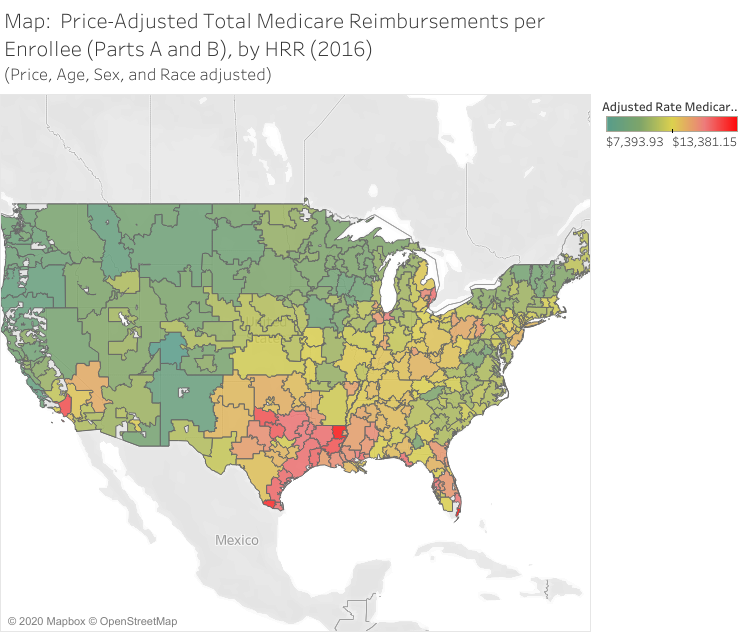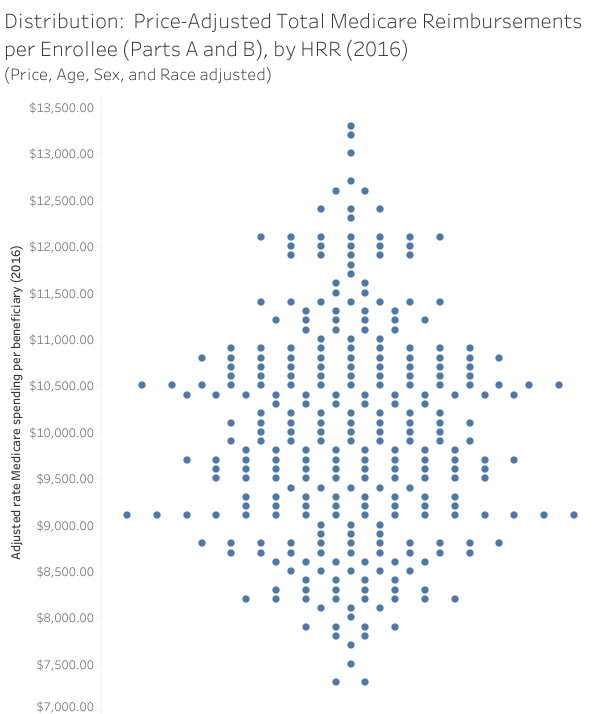class: center, middle, inverse, title-slide # Module 2: Physician Agency and Treatment Decisions ## Part 0: Motivation ### Ian McCarthy | Emory University ### Econ 372 --- <!-- Adjust some CSS code for font size and maintain R code font size --> <style type="text/css"> .remark-slide-content { font-size: 30px; padding: 1em 2em 1em 2em; } .remark-code, .remark-inline-code { font-size: 20px; } </style> <!-- Set R options for how code chunks are displayed and load packages --> # What is physician agency <br> .center[  ] ??? The idea of physician agency is simple - physicians know more than patients, and so some amount of care is malleable. --- # Variation in care .pull-left[  ] .pull-right[  ] <div class="smalltext">Source: <a href="https://www.dartmouthatlas.org">Dartmouth Atlas of Health Care</a></div> ??? Such variation in care is a clear reflection of just how malleable health care is. Some areas have substantially more care than others which is not explained by health or patient preferences. Why does this variation matter? It suggests that there's an opportunity to reduce care without hurting patients. --- # Wasteful? - Estimates are that more than 30% of health care expenditures are "wasteful": [(The Atlantic, 2013)](https://www.theatlantic.com/health/archive/2013/12/youre-getting-too-much-healthcare/281896/) - Some clear areas of waste: - Payment differentials by location of treatment (policy quirks) - Better imaging with little benefit - Proton treatment (for some conditions) - Heart stents (for some patients) - Arthroscopic knee surgery<br> -- Many estimates of "waste" are after-the-fact. It's actually very hard to identify waste before-hand. [Report on End-of-life Spending](http://news.mit.edu/2018/value-late-life-health-care-spending-medicare-0628) --- # More examples - Here's a great example of the role of physician agency and what it might mean for health care spending, [link](https://nihcm.org/publications/is-health-care-shoppable-1)